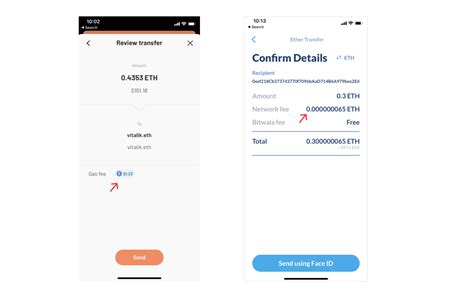Ethereum: How are Kreken charges charged?
When it comes to shopping in the cryptocurrency stock market, such as Kraken, one of the most frustrating aspects is the structure of the rewards. They can eat your winnings, especially for active merchants who often need handicraft. In this article, our dolls will be charged for Kraken and we explore ways to minimize them.
How do you charge your charges?
Kraken’s compensation structure is designed to be open and competitive with other exchanges. The charges are based on the order type you set, including:
- Market Order : These orders correspond to the current price in the market. Market orders have low cost “costs”, but this fee is usually minimal.
- Limited order : These orders determine a certain price at which they can be purchased or sold. Limit orders charged “buy” or “sell” compensation depending on or selling.
- Transparency : Sam as restricting regulations, command orders have charges that get or exit the store.
Are the charges removed from the volume of my order?
Yes, Kraken takes the amount of your order. This means that if you set a 100% 100% market order (buy or sales) for $ 10,000 per share, the fee will be seized for a $ 1 million trade amount.
Do you apply separately to your account balance?
Yes, payments are separated from the status of your account. When you start a Kraken store, the event fee will be charged for your order and then deduct from the status of your account.
Can I set the currency I want my reward?
Unfortunately not. Kraken does not allow you to determine which currency you want your fee to be charged or exit. The payment calculation always uses your account balance as a default currency.
minimizes krake’s commercial charges
Reduce your trade fees in Kraken:
- Use limited orders

: Limited orders are more expensive than market orders, but help avoid shopping or sales when the price is already placed.
- Set the store with large quantities : Large handicrafts can lead to smaller fees because the volume is high and the rewards are lower.
- Avoid excessive positions/crashes : Be careful about overloaded (high prices) or fallen (low prices) as they are more likely to attract market manufacturers who charge higher fees.
- Consider using a trade table : Merchant tables such as Binance and Huobi offer lower payments for large stores compared to individual broker houses.
In summary, Kkerai’s rewards can be frustrating, but understanding how they charge and what you can make with them, large quantities, and the management of overloaded/modified position allows you to keep more hard money on the market.
